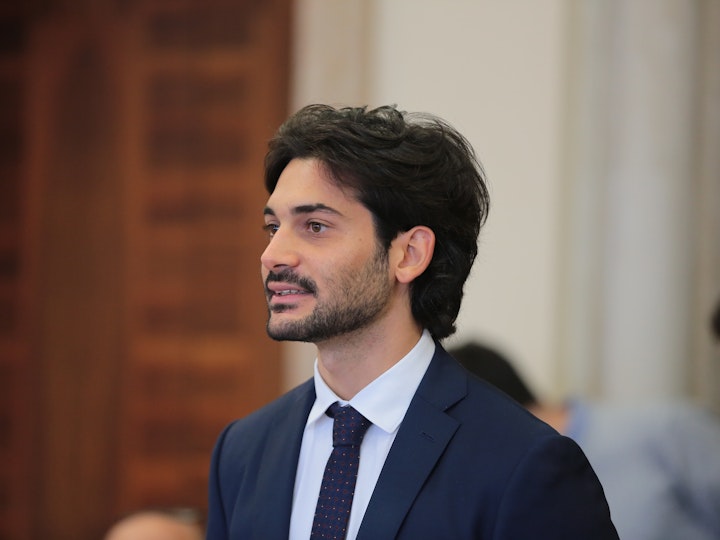Matteo Pavanello
Matteo Pavanello talks about his work as a Junior Financial Analyst at Lance Partners, Milan.

Tell us about the company you worked for during your work placement?
Lance Partners represents a small boutique in the corporate finance services. It operates in various geographic markets through its branches in Milan, London, Frankfurt and Lugano and it deals mainly with small and medium enterprises.
What did you do as part of your placement?
I was hired to do the work of a junior financial analyst within the organisation.
While I was carrying out all these important but time-consuming duties I really felt the importance I had in the organisation: I was saving my manager a lot of hours, so he could dedicate his time to other projects I think this has been a real win-win situation because with this teamwork I was concretely helping the manager enhancing the company’s value (by getting new customers and sealing quicker past deals) and at the same time I was gaining a lot of professional skills.
Was there anything you found difficult and how did you overcome it?
Arriving in a totally new workplace for an academic student with basically no past relevant work experience has obviously been tough
Although it might not seem a big issue at first glance, relating with corporate managers, professional consultants and financial institution representatives is not a walk in the park. For these reasons I started preparing for the meetings in advance; I trained myself in front of the mirror on my speech and I studied the past conferences to gather information on people’s previous requests. The preparation, alongside getting to know my interlocutors better, really helped me to keep calm and put me in the position of being one step ahead: knowing where the conversation was going, who would have been satisfied by certain changes and who would have not.
What skills did you learn?
I feel like I gained the ability of performing under pressure while meeting very short-term due dates.
During my first M&A project I improved my time-management and inter-personal skills. Due to the size and scope of the assignment I started scheduling my week’s timetable in advance, according to a plan of action and the steps to accomplish the task.
Another field where I felt I grew up was the interaction with other professionals. As the work experience went by, I was attending more meetings, even held by myself near the end. I noticed that each meeting I attended I spoke more confidently and I was more prepared when it came to finding solutions for the customers’ requests.
Although I am aware there is still plenty to learn, this work experience improved my self-awareness. I feel I can now be even more attractive in the world of jobs by using the qualities I have learnt.
How did your course help to prepare you for your placement?
One of the biggest things that my MSc studies helped me with has been the notions I learnt in the ‘Corporate Finance’ and ‘Advanced Financial Statement Analysis’ courses during the spring term. Not only has the essential theoretical basis been helpful, but I also took a lot of important practical skills from the two training sessions run by the organisation Financial Edge within the ‘Corporate Finance’ course. We critically discussed, but more importantly, we were given practical training on financial modelling for M&A projects.
Moreover, during the M&A deal, when it came to developing the five-year forward looking financial plan, I was supported by what I learnt during the Financial Edge training sessions on financial modelling. I put into practice the techniques to forecast the most accurate future financial streams according to the assumptions coming from the market situation of the companies’ business.
The final and most difficult stage of the M&A deal calculation (not the whole deal) is to determine the theoretical price of the target company. In order to find it, the valuator has to apply different methods. So, speaking about business evaluating methods, I added some of the terminology I learnt from ‘Corporate Finance’ lectures to the ones that Lance Partners uses, and I managed to give better final explanations to support the purchasing price we were advising our clients on.
The in-depth study we completed during lectures, when we went through a large number of different companies’ financial statements, assisted me in building a clinical eye to recognise trends and patterns among raw data coming from past reclassified financial statements.
I felt supported from my academic background skills and I am grateful I have done this work experience, because it gave me the fantastic opportunity to consolidate those skills.